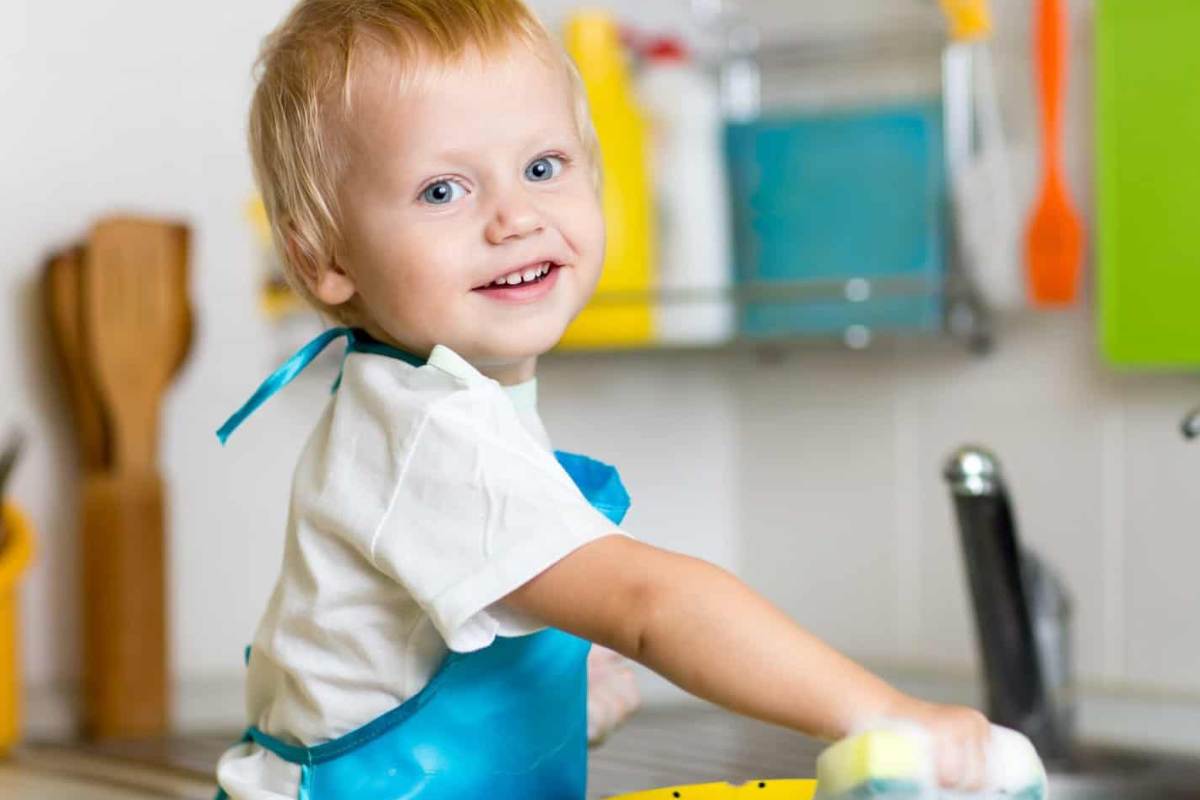Chores are an inevitable part of family life. While they teach responsibility and build life skills in children, chores can also feel tedious and dreary. However, with a bit of creativity, chores don’t have to be a dreaded experience. Incorporating music, dancing, and games can transform chores into fun bonding time for the whole family. This is especially important for foster families, as making chores enjoyable helps build trust and attachment with fostered children.
Table of Contents
Use Music to Add Energy and Rhythm
Music instantly lifts the mood and adds a sense of vibrancy to mundane tasks. Create chore playlists together as a family with upbeat songs everyone enjoys. Sing or dance along as you tidy up, fold laundry, wash dishes, or sweep floors. The rhythm of the music helps pace and energise you. Allow kids to take turns choosing songs so they feel involved. For foster children, giving them control of the music selection helps them feel comfortable and secure.
Turn Chores into a Dance Party
Why not make chores a family dance party? Let loose and be silly by putting on an energetic playlist and dancing your way through chores. Kids can show off their best dance moves while wiping down counters, dusting, or clearing clutter. Make a game of seeing who has the best chore dance skills. Laughter and movement will make the time fly by. If you are fostering with Orange Grove Foster Care, the playfulness and joy of dancing can help foster children positively associate chores with bonding experiences.
Incorporate Games
Injecting games into chores taps into kids’ natural competitive spirits, making them more motivated to participate. Time chores and challenge kids to beat the clock, turning it into a race. Or have contests to see who can clean their room the fastest or collect the most laundry. Use trivia games to occupy their minds while doing repetitive tasks like washing dishes. With fostered children, avoid penalising games and keep the focus on having fun together. Use incentives like small prizes to motivate.
Give Chores a Creative Theme
Give chores an imaginative storyline by assigning characters and creating a dramatic scene. Kids may act out being superheroes on a mission as they tidy up toys. Or become art museum curators carefully dusting precious artifacts. Foster children can feel more secure and relaxed if they’re roleplaying instead of just passively following orders. The possibilities are endless when chores become a creative adventure.
Make Chores Tactile and Sensory
Incorporate sensory elements into chores to pique kids’ curiosity and make it a multisensory experience. Have kids sort laundry by texture, identifying scratchy, silky, or fuzzy items. While dusting, compare the sounds different materials make when wiped. Use scented sprays or soaps to layer smells during cleaning tasks. Filling chores with sights, textures, sounds, and scents stimulates the mind. Foster children, especially those with trauma, benefit greatly from sensory stimulation and calming activities.
Use Chores to Connect Through Conversation
Chores present the perfect opportunity to bond through conversation. Get to know each other better with questions or storytelling while checking simple tasks off your list. Share about your highs and lows from the day while folding laundry together. Or play 20 questions to learn favourite colours, foods, or hobbies. Foster children may open up more when engaged in a casual joint activity, rather than direct questioning. Chatting while choreographing creates quality family time.
Chores are meant to teach responsibility and care for living spaces. But they can also nurture family bonds, trust, and community. Creating positive attitudes around chores from a young age, especially with foster children, means finding ways to make them enjoyable. With creativity, flexibility and empathy, chore time can become cherished family time.

